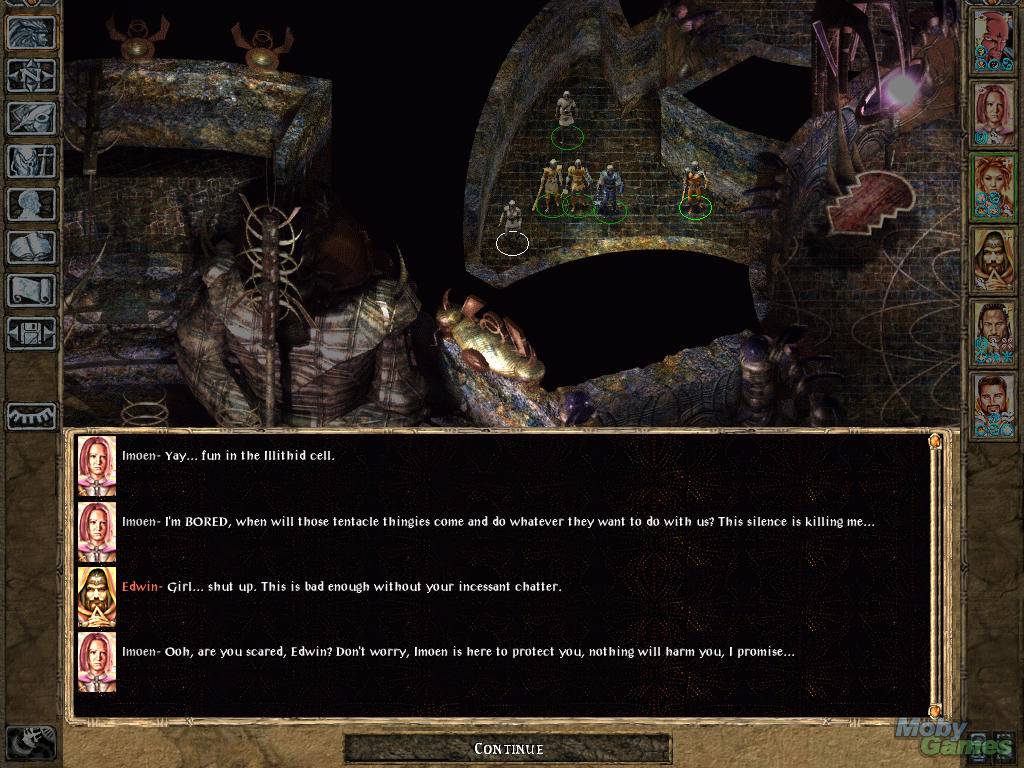

If you have proficiency in all simple and martial weapons, you can gain proficiency in one or more exotic weapons ( 5 points each). You can gain proficiency in all simple weapons ( 2 points), or all simple and martial weapons ( 8 points).You can make any number of skills be class skills for the class ( 1 point each).The class's skill points per level can be increased to 4 + Int ( 6 points), 6 + Int ( 12 points) or 8 + Int ( 18 points).One or more of the class's base saving throws can be increased to good ( 15 points each).The base attack bonus of the class can be increased to 3/4 total Hit Dice (as cleric 10 points) or equal to Hit Dice (as fighter 20 points).The Hit Die of the class can be increased to d6 ( 5 points), d8 ( 10 points), d10 ( 15 points) or d12 ( 25 points).You may spend points to improve one or more of the following features of the basic class template for the costs listed: These points are used to improve the basic class (larger Hit Die, more skills and so on) as well as purchase extra features in the form of spellcasting and special abilities.Ĭlass Skills (2 + Int modifier per level, ×4 at 1st level) When creating a point-buy class, everyone starts with the same basic class template (below), as well as 200 points. You can create your class in any way you want, but it's usually better to err on the side of cohesiveness and flavor - D&D is first and foremost a roleplaying game, after all. On one hand, the vast amount of options allows you to create cool, flavorful classes, but on the other, some choices tend to be more powerful than others, and you can end up with a hodgepodge of strong abilities with little to do with each other. The customizability of a point-buy class creates a conundrum when it comes to power level.

#DND APPILY POINT BUY HOW TO#
In other cases, talk with your DM on how to replace the mention of class. In most cases you can just ignore the mention of class wherever you find it for example, the Weapon Specialization and the subsequent feat chain require a given fighter level, which you can ignore completely - the feats are available to anyone. Since a game using point-buy classes obviously doesn't have the base classes, several features of the game function differently. Creating a custom class with the system is nonetheless far simpler than creating one entirely from scratch, and automatically creates classes that are more (if not entirely) balanced. The system might seem unintuitive at first glance if so, ask your DM for help in realizing your character concept in the mechanical parameters that the system offers. The point-buy class system works poorly when combined with non-point-buy classes, so mixing baseline D&D classes and point-buy classes is not advised. Nonetheless, the point-buy nature and equal beginnings means that point-buy classes tend to play nicer together. This doesn't mean each class made with the system is equal in power: a well-built class is a well-built class. Since each class in a game using point-buy classes had the same options presented to them from the beginning, the system can serve to balance the vastly unbalanced classes of baseline D&D. With the point-buy class system in place, each character has a single class that it follows from level 1 all the way to level 20 - there is no need for multiclassing or prestige classes, as the player has had the chance to tweak their class to their liking from the start. In effect, it allows a player to customize a class to fit their character concept, not the other way around. This variant rule creates a system for creating point-buy classes to use in your D&D game.


 0 kommentar(er)
0 kommentar(er)
